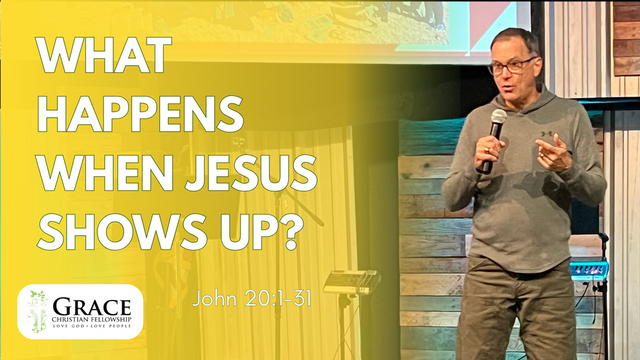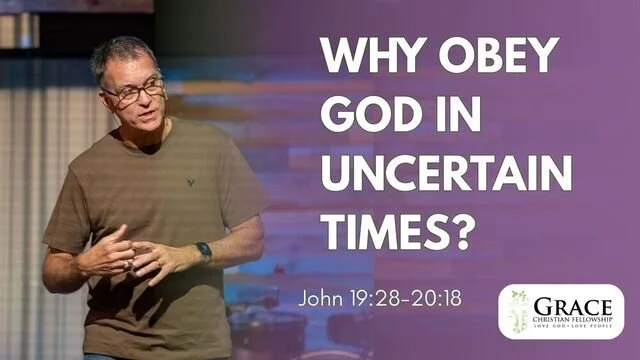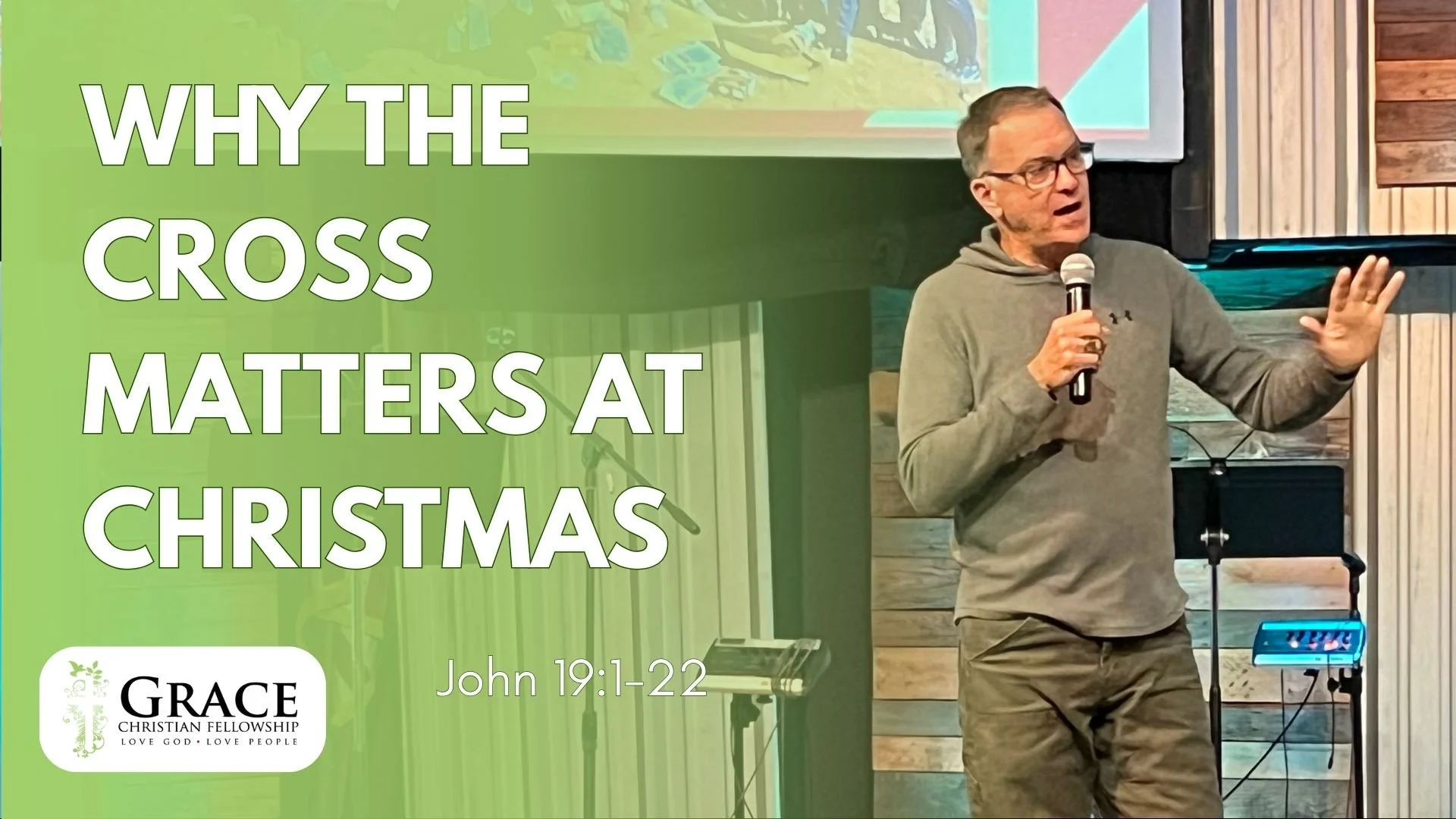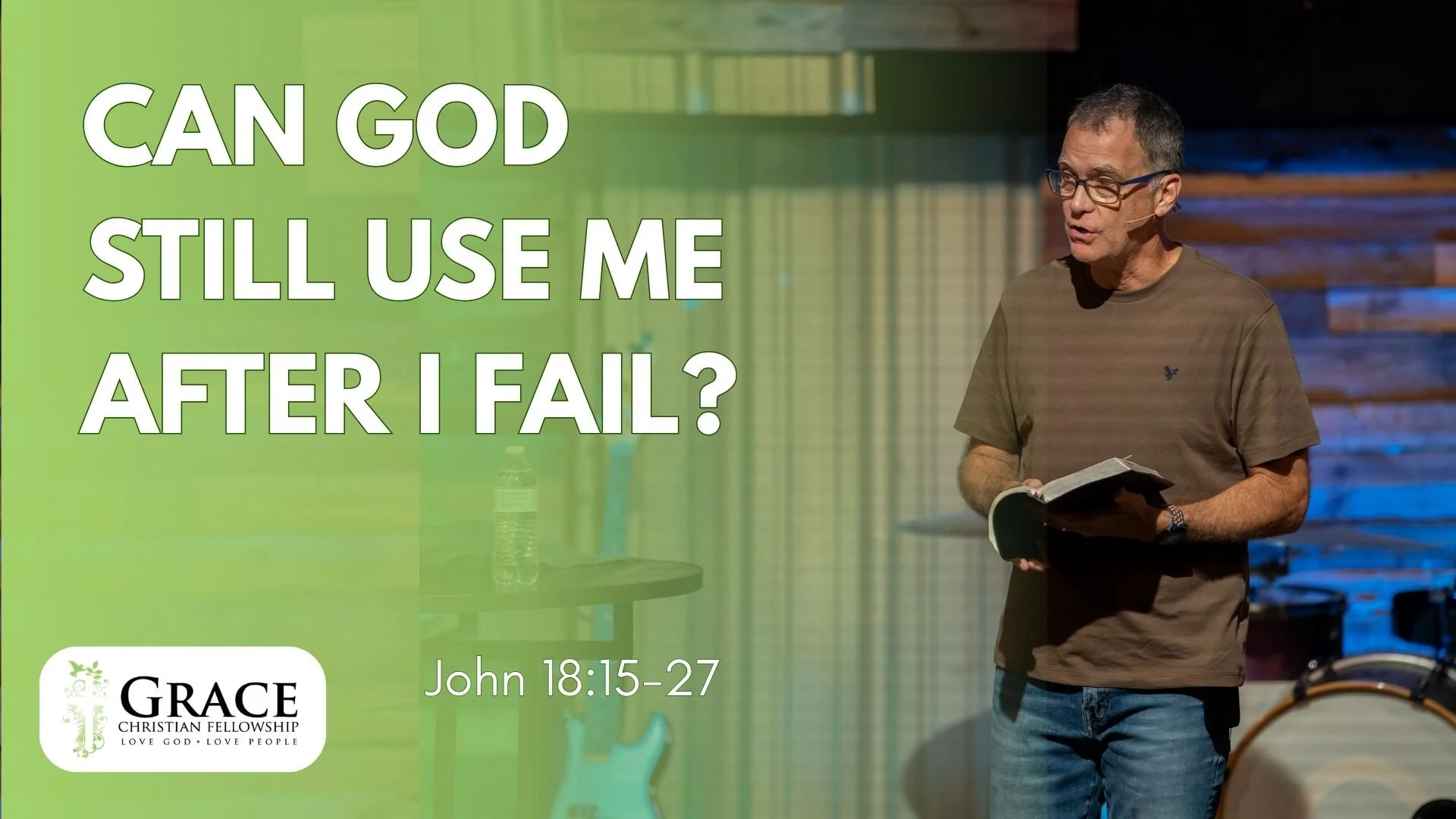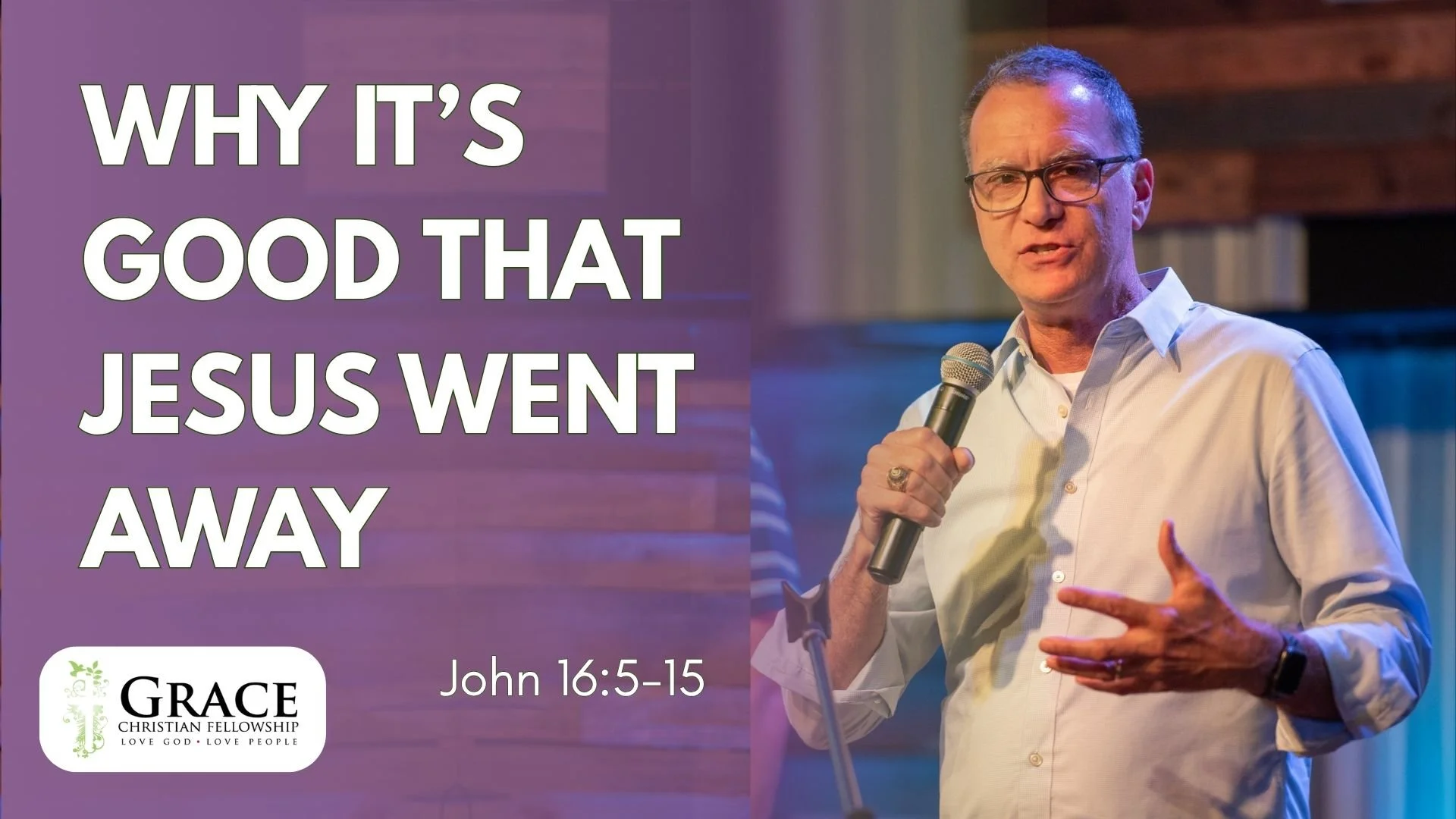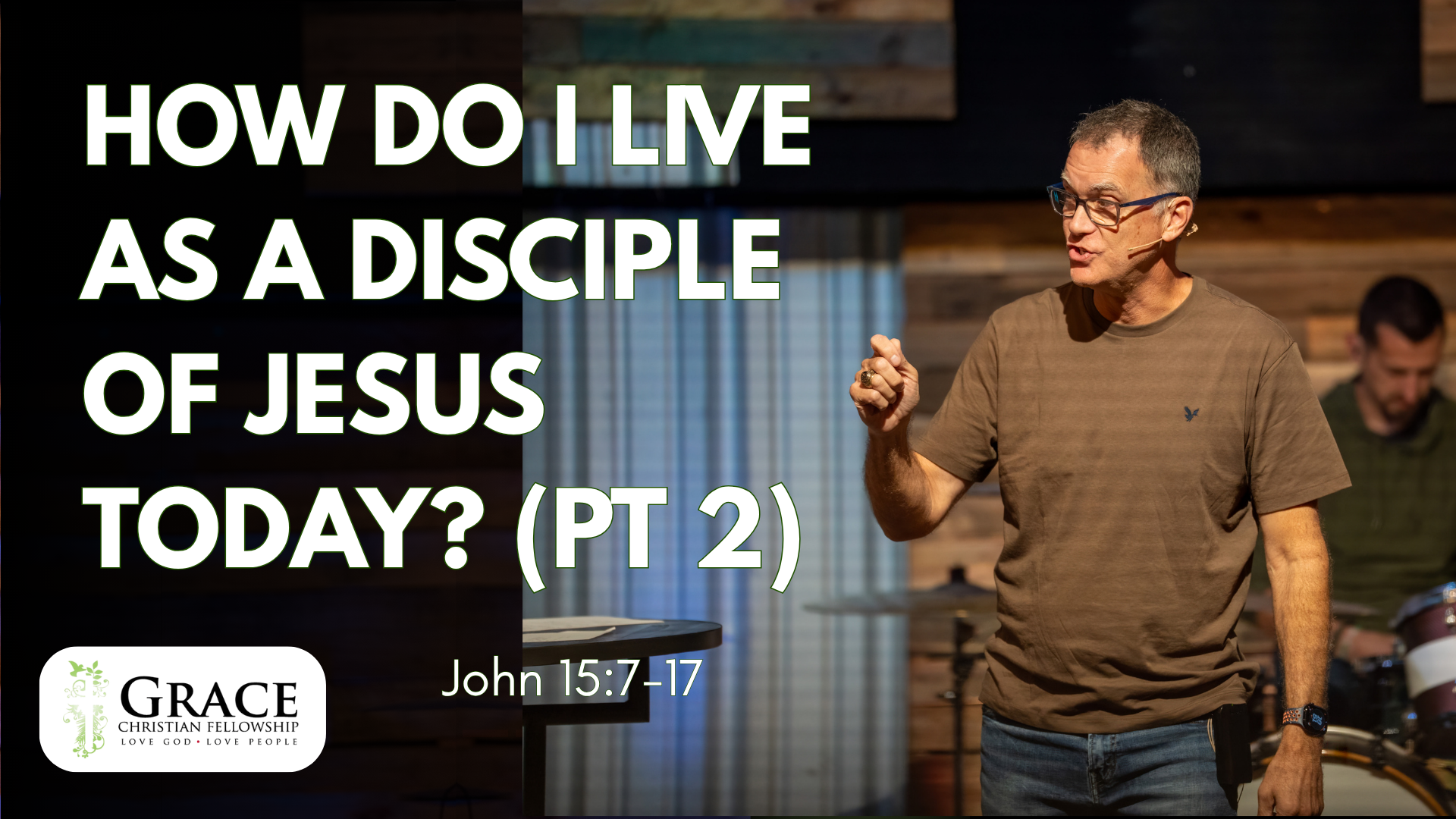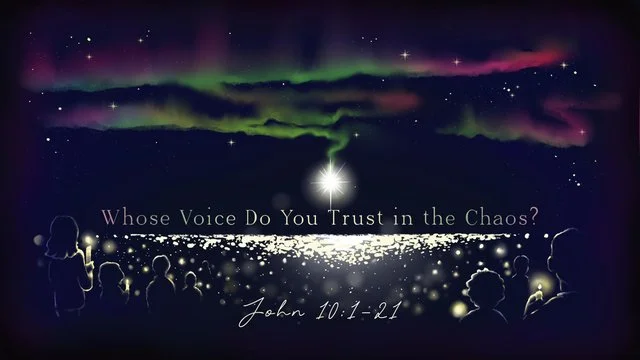Series: Signs & Glory
Title: How Do We Become People of the Towel?
Subtitle:
Scripture: John 13:1-17
Philippians 2:6-8
Mark 10:45
Bottom line: We become people of the towel when we believe Jesus' love, receive his cleansing, and follow his example.
INTRODUCTION
CONTEXT
SERMON OUTLINE
CONCLUSION
NOTES
OUTLINES
QUESTIONS TO CONSIDER
DISCUSSION QUESTIONS
MAIN REFERENCES USED
Opening prayer: Lord God, help us grow to be and do like Jesus, while abiding in him and leading others to do the same.
INTRODUCTION
“In 2003, when the United States invaded Iraq, I sat glued to my television set for days and watched the amazing footage that was broadcast.
One scene that stands out in my mind from those days was the jubilant celebration of the Iraqi people as U.S. Marines pulled down a forty-foot statue of Saddam Hussein in Baghdad. The statue was torn from its pedestal and dragged through the streets, and children were shown riding on the head of the statue as if it were a sled.
But I also remember the way in which the people of Iraq used their shoes or their sandals to pound against the statue and the posters of Saddam that were still being displayed in Baghdad. The commentators explained that among the Iraqi people, to beat a person or even a person’s image with one’s shoe is to show the deepest possible form of contempt for that person...
The Iraqi people’s actions helped me understand the depth of lowliness to which Jesus stooped when He handled His disciples’ filthy feet in this ritual of cleansing.
We have already discussed the fact that in antiquity, when a rabbi had disciples, they typically acted as his servants. However, they were never required to wash the rabbi’s feet; that task was reserved for slaves.
But even some slaves were spared this task. Within Israel, if a Jewish person had a Jewish slave, the slave owner was not permitted to require that slave to wash his feet. Only a Gentile slave could be required to perform such a menial task.
So the fact that Jesus Himself undertook this task, and that He did it during Holy Week, fills this narrative with theological and ethical significance for us.”
John - An Expositional Commentary, R.C. Sproul
Bottom line: We become people of the towel when we believe Jesus' love, receive his cleansing, and follow his example.
CONTEXT
"Jesus had entered Jerusalem on Sunday, and on Monday had cleansed the temple.
Tuesday was a day of conflict as the religious leaders sought to trip Him up and get evidence to arrest Him. These events are recorded in Matthew 21–25.
Wednesday was probably a day of rest, but on Thursday He met in the Upper Room with His disciples in order to observe Passover...What was this divinely appointed “hour”? It was the time when He would be glorified through His death, resurrection, and ascension.
From the human point of view, it meant suffering; but from the divine point of view, it meant glory."
Wiersbe, W. W. (1996). The Bible exposition commentary (Vol. 1, p. 344). Victor Books.
OUTLINE (w/ help from Kent Hughes and ChatGPT)
I. Believe the Heart of His Love (John 13:1–3)
• Jesus loved His own “to the end” — pointing to the cross (Romans 5:8).
• His mission has always been loving service: "For even the Son of Man did not come to be served, but to serve, and to give his life as a ransom for many." Mark 10:45
• Application: You cannot serve others well until you rest secure in Jesus’ agape love for you.
II. Be Washed by His Cleansing (John 13:4–11)
• Jesus lays aside His garment and stoops to wash dirty feet — a preview of the cross.
• Peter resists, but Jesus insists: “Unless I wash you, you have no share with me.”
• Only the Servant who came to save (Luke 19:10) can cleanse us fully.
• Application: Humble service flows only from hearts first cleansed by Jesus’ sacrifice.
III. Follow His Example in Humble Service (John 13:12–17)
• After washing, He asks: “Do you understand what I have done to you?”
• If the Lord and Teacher has washed feet, we must do likewise.
• Paul echoes this: “Have this mind among yourselves, which is yours in Christ Jesus… He humbled himself by becoming obedient to the point of death, even death on a cross” (Philippians 2:5–8).
• Application: Knowing His love and cleansing, we pick up the towel and bless others through ordinary, humble acts of service.
⸻
"The Upper Room Discourse begins with a dramatic call to follow Christ's example as a servant--to be people of the towel." -Hughes
"How do we become people of the towel?
We must observe the marvelous example of our foot-washing Lord and Savior and then listen to Jesus' challenge: 'If I then, your Lord and Teacher, have washed your feet, you also ought to wash one another's feet.'
Perhaps most important, we must have the quality of Jesus' heart. 'Having loved his own who were in the world, he loved them to the end.'
Finally, we become people of the towel by realizing who we are. The power, the impetus, and the grace to wash one another's feet is proportionate not only to how we see Jesus but how we see ourselves. Our Lord saw himself as King of kings, and he washed the disciples' feet. Recovery of a kingly consciousness will hallow and refine our entire lives. We are 'a royal priesthood.' (1 Peter 2:9)" -Hughes
"If you know these things, blessed areyou if you do them." John 13:17
The Heart of the Servant (13:1-3)
"The final sentence gives us his heart: "Having loved his own who were in the world, he loved them to the end." The servant's heart is a heart of love.
A story about Czar Nicholas I of Russia tells us something of that love. The czar was greatly interested in a young man because he had been friends with the young man's father. When that young man came of age, Czar Nicholas gave him a fine position in the army. He also stationed him in a place of responsibility at one of the great fortresses of Russia. The young man was responsible for the monies and finances of a particular division of the army.
The young man did quite well at first, but as time went along, he became quite a gambler. Before long he had gambled his entire fortune away. He borrowed from the treasury and also gambled that away, a few rubles at a time.
One day he heard there was going to be an audit of the books the next day. He went to the safe, took out his ledger, and figured out how much money he had, then subtracted the amount he had taken. As he sat at the table, overwhelmed at the astronomical debt, he took out his pen and wrote, "A great debt, who can pay?" Not willing to go through the shame of what would happen the next day, he took out his revolver and covenanted with himself that at the stroke of midnight he would take his life.
It was a warm and drowsy night, and as the young man sat at the table, he dozed off. Now, Czar Nicholas had a habit of putting on a common soldier's uniform and visiting some of his outposts. On that very night he came to that particular great fortress, and as he inspected it, he saw a light on in one of the rooms. He knocked on the door, but no one answered. He tried the latch, opened the door, and went in. There was the young man. The czar recognized him immediately. When he saw the note on the table and the ledgers laid out, his first impulse was to wake the young man and arrest him. But, overtaken with a wave of generosity, he instead took the pen that had fallen out of the soldier's hand and wrote one word on the paper, then tiptoed out of the room.
About an hour later the young man woke up and reached for his revolver, realizing that it was much after twelve. Then his eyes fell upon his note: "A great debt, who can pay?" He saw immediately that one word had been added -"Nicholas." The young man dropped the gun, ran to the files, thumbed through some correspondence, and found the czar's signature. The note was authentic! The realization struck him —"The czar has been here and knows all my guilt. But he has undertaken my debt, and I will not have to die." The young man trusted in the czar's word, and sure enough, the needed monies came?
The czar's love, paying the price for his guilty young friend, was only a faint shadow of the atoning love of Christ. Nicholas's deed was an easy matter for him —as easy as signing his name. But the atoning love of Jesus cost him everything!
The tenses at the end of verse 1, "having loved his own who were in the world, he loved them to the end," means that in the whole range of Christ's contact with his disciples he loved them!" -Hughes
The Example of the Servant (13:4-11)
The Challenge of the Servant (13:12-17)
"According to John, the Lord gave the disciples two explanations of his washing of their feet - one while he was engaged in washing them, and the other after he had taken his place with them at the supper table again.
The former, as we have seen, is theological in character: the foot-washing symbolizes Jesus' humbling himself to endure the death of the cross and the cleansing efficacy of his death for the believer.
The latter, unfolded in verses 12-17, is practical in character: Jesus has washed their feet in order that from his example they may learn to perform similar service one for another.
There is no incongruity between the two explanations; it is quite unnecessary to suppose that they must be due to two different authors. The second explanation is very much in line with Luke's account of the conversation which took place between the Lord and the disciples at the Last Supper (Luke 22:24-27), in which he drew their attention to his own example; but in Mark's counterpart to that conversation, which appears in an earlier context (Mark 10:35-45), Jesus' example of lowly service is brought into the closest association with the sacrifice of the cross: if any one of their number wants to be first, he 'must be slave of all' - because 'the Son of man also came not to be served but to serve, and to give his life as a ransom for many'. The close association of the two themes in this Johannine context, accordingly, is perfectly natural`..." -FF Bruce
Judas was an unbeliever (John 6:64–71), so he did not have a “shield of faith” to use to ward off Satan’s attacks...
Even in His humiliation, our Lord had all things through His Father. He was poor and yet He was rich. Because Jesus knew who He was, where He came from, what He had, and where He was going, He was complete master of the situation. You and I as believers know that we have been born of God, that we are one day going to God, and that in Christ we have all things; therefore, we ought to be able to follow our Lord’s example and serve others...
What Jesus knew helped determine what Jesus did (John 13:4–5)...
The Father had put all things into the Son’s hands, yet Jesus picked up a towel and a basin! His humility was not born of poverty, but of riches. He was rich, yet He became poor (2 Cor. 8:9). A Malay proverb says, “The fuller the ear is of rice-grain, the lower it bends.”
...Jesus was the Sovereign, yet He took the place of a servant. He had all things in His hands, yet He picked up a towel...
It has well been said that humility is not thinking meanly of yourself; it is simply not thinking of yourself at all. True humility grows out of our relationship with the Father.
Wiersbe, W. W. (1996). The Bible exposition commentary (Vol. 1, p. 345). Victor Books.
Rick Warren used to say, "Humility isn't thinking less of yourself. It's thinking of yourself less."
We today, just like the disciples that night, desperately need this lesson on humility. The church is filled with a worldly spirit of competition and criticism as believers vie with one another to see who is the greatest. We are growing in knowledge, but not in grace (see 2 Peter 3:18). “Humility is the only soil in which the graces root,” wrote Andrew Murray. “The lack of humility is the sufficient explanation of every defect and failure.”
The word translated “wash” in John 13:5–6, 8, 12, and 14 is nipto and means “to wash a part of the body.” But the word translated “washed” in John 13:10 is louo and means “to bathe all over.” The distinction is important, for Jesus was trying to teach His disciples the importance of a holy walk.
When the sinner trusts the Saviour, he is “bathed all over” and his sins are washed away and forgiven (see 1 Cor. 6:9–11; Titus 3:3–7; and Rev. 1:5). “And their sins and iniquities will I remember no more” (Heb. 10:17). However, as the believer walks in this world, it is easy to become defiled. He does not need to be bathed all over again; he simply needs to have that defilement cleansed away. God promises to cleanse us when we confess our sins to Him (1 John 1:9).
But why is it so important that we “keep our feet clean”? Because if we are defiled, we cannot have communion with our Lord. “If I wash thee not, thou hast no part with Me” (John 13:8). The word translated “part” is meros, and it carries the meaning here of “participation, having a share in someone or something.” When God “bathes us all over” in salvation, He brings about our union with Christ; and that is a settled relationship that cannot change. (The verb wash in John 13:10 is in the perfect tense. It is settled once and for all.) However, our communion with Christ depends on our keeping ourselves “unspotted from the world” (James 1:27). If we permit unconfessed sin in our lives, we hinder our walk with the Lord; and that is when we need to have our feet washed.
Wiersbe, W. W. (1996). The Bible exposition commentary (Vol. 1, p. 346). Victor Books.
Referring to Jesus humbling himself and cf. to Philippians 2:5-9, RC Sproul writes, “It was not His deity but His dignity that Jesus laid aside. He emptied Himself of the glory that He enjoyed with His Father from all eternity. He laid aside His prerogatives as the second person of the Trinity. For the sake of His people, He descended from glory to lay down His life.”
“That is proper, for Jesus was not instituting a sacrament that was to be repeated on a regular basis among the people of God, and we know that for this reason: the central significance of Jesus’ washing of His disciples’ feet has to do with baptism, which is the sacrament of the entrance into the new covenant. Baptism signifies many things, but at the very heart of the symbolism of baptism is the idea of cleansing” -R.C. Sproul
“He knew who would betray him, but He washed all their feet, even the feet of Judas, but not without the warning that the cleansing He spoke of would not apply to every one of them.”
“Those who give themselves in service to others find deep joy in it.”
Excerpt From
John - An Expositional Commentary
R.C. Sproul
CONCLUSION
"The Upper Room Discourse begins with a dramatic call to follow Christ's example as a servant--to be people of the towel." -Hughes
How do we become people of the towel?
We must observe the marvelous example of our foot-washing Lord and Savior and then listen to Jesus' challenge: 'If I then, your Lord and Teacher, have washed your feet, you also ought to wash one another's feet.'
Perhaps most important, we must have gthe quality of Jesus' heart. 'Having loved his own who were in the world, he loved them to the end.'
Finally, we become people of the towel by realizing who we are. The power, the impetus, and the grace to wash one another's feet is proportionate not only to how we see Jesus but how we see ourselves. Our Lord saw himself as King of kings, and he washed the disciples' feet. Recovery of a kingly consciousness will hallow and refine our entire lives. We are 'a royal priesthood.' (1 Peter 2:9)
"If you know these things, blessed areyou if you do them." John 13:17
This basic truth of Christian living is beautifully illustrated in the Old Testament priesthood. When the priest was consecrated, he was bathed all over (Ex. 29:4), and that experience was never repeated. However, during his daily ministry, he became defiled; so it was necessary that he wash his hands and feet at the brass laver in the courtyard (Ex. 30:18–21). Only then could he enter the holy place and trim the lamps, eat the holy bread, or burn the incense...
We can learn an important lesson from Peter: don’t question the Lord’s will or work, and don’t try to change it. He knows what He is doing...
John was careful to point out that Peter and Judas were in a different relationship with Jesus. Yes, Jesus washed Judas’ feet! But it did Judas no good because he had not been bathed all over. Some people teach that Judas was a saved man who sinned away his salvation, but that is not what Jesus said. Our Lord made it very clear that Judas had never been cleansed from his sins and was an unbeliever (John 6:64–71)...
John 13:17 is the key—“If ye know these things, happy are ye if ye do them.” The sequence is important: humbleness, holiness, then happiness. Aristotle defined happiness as “good fortune joined to virtue … a life that is both agreeable and secure.” That might do for a philosopher, but it will never do for a Christian believer! Happiness is the by-product of a life that is lived in the will of God. When we humbly serve others, walk in God’s paths of holiness, and do what He tells us, then we will enjoy happiness...
The servant (slave) is not greater than his master; so, if the master becomes a slave, where does that put the slave? On the same level as the master! By becoming a servant, our Lord did not push us down: He lifted us up! He dignified sacrifice and service. You must keep in mind that the Romans had no use for humility, and the Greeks despised manual labor. Jesus combined these two when He washed the disciples’ feet. The world asks, “How many people work for you?” but the Lord asks, “For how many people do you work?"
When I was ministering at a conference in Kenya, an African believer shared one of their proverbs with me: “The chief is servant of all.” How true it is that we need leaders who will serve and servants who will lead. G.K. Chesterton said that a really great man is one who makes others feel great, and Jesus did this with His disciples by teaching them to serve...
Be sure to keep these lessons in their proper sequence: humbleness, holiness, happiness. Submit to the Father, keep your life clean, and serve others. This is God’s formula for true spiritual joy.
Wiersbe, W. W. (1996). The Bible exposition commentary (Vol. 1, p. 347). Victor Books.
“We can transfer that warning to everyone reading this book. If you are reading this and have not been washed by Christ, you will have no part with Him in the Father’s house. Jesus was preparing His disciples for that cleansing that would once and for all deliver them from their sin” -R.C. Sproul
“We’ve already seen Jesus making the point in the final weeks of His life, “Unless you’re willing to participate in My humiliation, you have no part in My exaltation.” Our very baptism is a sign not only of our being raised with Christ, but of our being buried with Christ. It is a sign that we join Him in His humiliation so that we may have a part in His glory.”
“Jesus told Simon, “He who is bathed needs only to wash his feet, but is completely clean” (v. 10a). In the ancient world, when a person took a bath, he was clean until he walked outside in the dust in his bare feet or in open sandals. He could keep the rest of his body relatively clean, but his feet got dirty quickly. That’s why there was the ritual of the cleansing of the feet without having to take a complete bath. Jesus told Peter, “When I wash your feet, I make you clean all over.” One touch of the cleansing power of Christ cleanses us from all sin.” -RC Sproul
Illustration:
In 1912, when the Titanic struck the iceberg, there weren’t enough lifeboats. Hundreds were left in the freezing Atlantic waters. One survivor later testified that while clinging to debris, she heard a man swimming from person to person, shouting, “Are you saved? Believe on the Lord Jesus Christ and you will be saved!” That man was John Harper, a Scottish pastor. He gave away his life jacket to another passenger, and with his last breaths he pleaded with people to turn to Christ before they slipped under the waves.
Connection to Sermon:
Like those passengers, every one of us is sinking without Christ. The signs have been given, the call is clear—Jesus is the light of the world, sent not to condemn but to save. His words are life, but they will also be our judge. Don’t harden your heart. Step into His light today while there is still time.
INVITATION
What about you?
Peter puts it all in perspective in his first sermon:
““Therefore let all Israel be assured of this: God has made this Jesus, whom you crucified, both Lord and Messiah.” When the people heard this, they were cut to the heart and said to Peter and the other apostles, “Brothers, what shall we do?” Peter replied, “Repent and be baptized, every one of you, in the name of Jesus Christ for the forgiveness of your sins. And you will receive the gift of the Holy Spirit. The promise is for you and your children and for all who are far off—for all whom the Lord our God will call.”” Acts 2:36-39 NIV
How do we respond? Answer 2 questions:
Take out a card or piece of paper right now. Write down the answer to these questions:
What is God saying to me right now?
What am I going to do about it? Write this down on a sheet of paper.
What I hear you saying, Lord, is ___________________.
[my name] is going to believe/do __________________________________________________ as a result.
Finally, share this with your Home or Mission group this week when you gather as a testimony about what God is doing in your life. You don’t have to get too specific to give him praise.
Lord's Supper, 1 Cor 11:23-26 is good passage.
Also, say something like, "Christ has died, Christ is risen, Christ will come again." (past, present, and future)
Pray
NOTES
"In 1970 I was among 12,300 delegates to Inter-Varsity's Urbana conven-tion, where we heard John Stott give a masterful application of the truth of this passage. He told a story about Samuel Logan Brengle:
In 1878 when William Booth's Salvation Army had just been so named, men from all over the world began to enlist. One man, who had once dreamed of himself as a bishop, crossed the Atlantic from America to England to enlist. He was a Methodist minister, Samuel Logan Brengle. And he now turned from a fine pastorate to join Booth's Salvation Army. Brengle later became the Army's first American-born commissioner. But at first Booth accepted his services reluctantly and grudgingly. Booth said to Brengle, "You've been your own boss too long." And in order to instill humility into Brengle, he set him to work cleaning the boots of the other trainees. And Brengle said to himself, "Have I followed my own fancy across the Atlantic in order to black boots?" And then as in a vision he saw Jesus bending over the feet of rough, unlettered fishermen. "Lord," he whispered, "You washed their feet: I will black their boots."
If we are to count ourselves as followers of Christ, there must be humble service in our lives. We must be people of the towel." -Hughes
"Perhaps as good a commentary as any on our passage is supplied by the following paragraph from the biography of Robert Cleaver Chapman:
No task was too lowly for Chapman. Visitors were particularly impressed by his habit of cleaning the boots and shoes of his guests.
Indeed, it was on this point he met with most resistance, for those who stayed with him were conscious that despite the simplicity of his house he was a man of good breeding, and when they had heard him minister the Word with gracious authority, they were extremely sensitive about allowing him to perform so menial a task for them. But he was not to be resisted. On one occasion a gentleman, having regard no doubt to his host's gentle birth and high spiritual standing, refused at first to let him take away his boots. 'T insist', was the firm reply. 'In former days it was the practice to wash the saints' feet. Now that this is no longer the custom, I do the nearest thing, and clean their shoes." -FF Bruce
OUTLINE
See above
QUESTIONS TO CONSIDER
What do I want them to know?
Why do I want them to know it?
What do I want them to do?
Why do I want them to do it?
How do they do this?
DISCUSSION QUESTIONS
Discovery Bible Study process: https://www.dbsguide.org/
Read the passage together.
Retell the story in your own words.
Discovery the story
What does this story tell me about God?
What does this story tell me about people?
If this is really true, what should I do?
What is God saying to you right now? (Write this down)
What are you going to do about it? (Write this down)
Who am I going to tell about this?
Find our sermons, podcasts, discussion questions and notes at https://www.gracetoday.net/podcast
Alternate Discussion Questions (by Jeff Vanderstelt): Based on this passage:
Who is God?
What has he done/is he doing/is he going to do?
Who am I? (In light of 1 & 2)
What do I do? (In light of who I am)
How do I do it?
Final Questions (Write this down)
MAIN REFERENCES USED
“John,” by R. Kent Hughes, Preaching the Word Commentary, Edited by Kent Hughes
Exalting Jesus in John, by Matt Carter & Josh Wredberg
The Gospels & Epistles of John, FF Bruce
John, RC Sproul
John, Köstenberger
The Gospel According to John, DA Carson
Let's Study John, Mark Johnston
The Light Has Come, Leslie Newbigin (TLHC)
The Visual Word, Patrick Schreiner (TVW)
“Look at the Book” by John Piper (LATB)
“The Bible Knowledge Commentary” by Walvoord, Zuck (BKC)
“The Bible Exposition Commentary” by Warren Wiersbe (BEC)
Thru The Bible with J. Vernon McGee (TTB)
Outline Bible, D Willmington (OB)
NIV Study Bible (NIVSB) https://www.biblica.com/resources/scholar-notes/niv-study-bible/
Chronological Life Application Study Bible (NLT)
ESV Study Bible (ESVSB) https://www.esv.org
The Bible Project https://bibleproject.com
Nicky Gumbel bible reading plan app or via YouVersion
Claude.ai
ChatGPT AI
Grok AI
Perplexity.ai
Google Gemini AI
Read More


